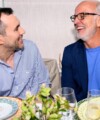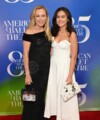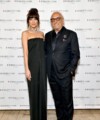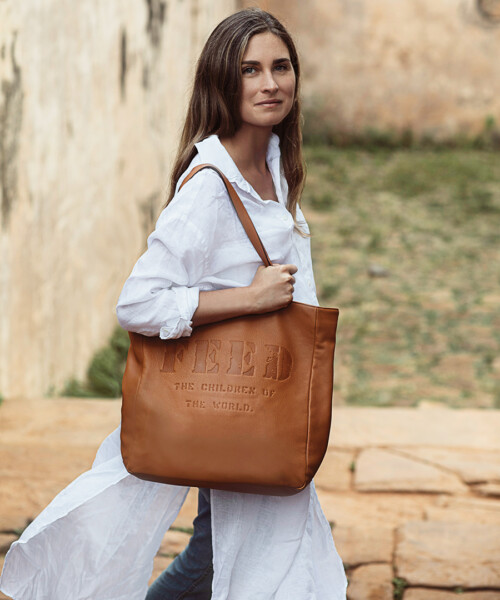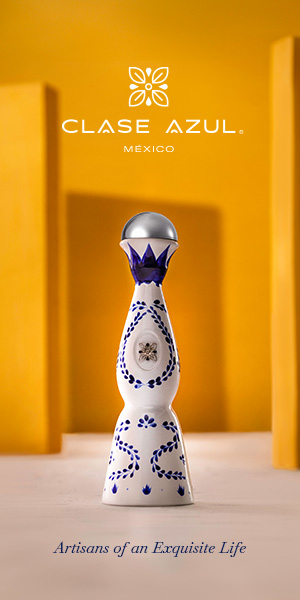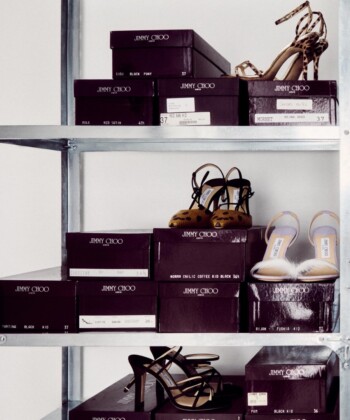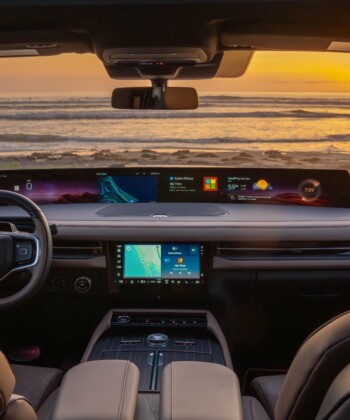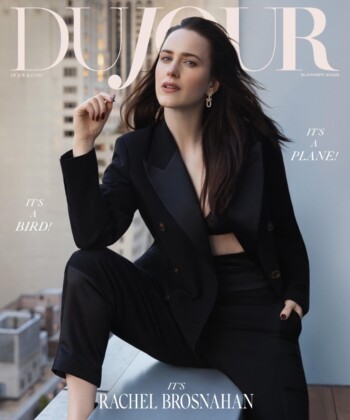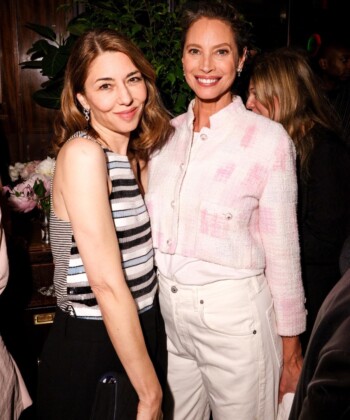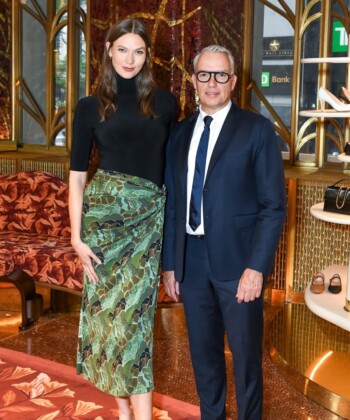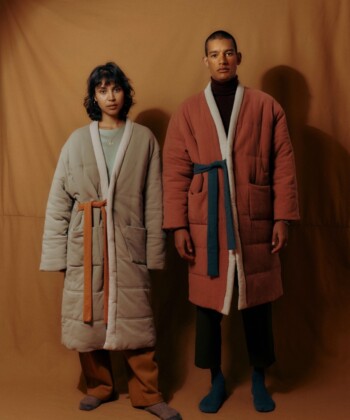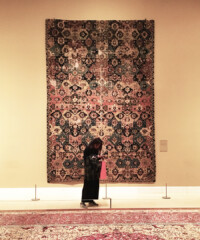Ten years is a long time. Since her bag company FEED’s inception in 2007, CEO and cofounder Lauren Bush Lauren has seen three presidential administrations (one of which was led by her uncle, George W. Bush), earned a spot as one of Forbes’s 30 Under 30 Social Entrepreneurs, married David Lauren and had one child. When you consider that in addition to all those accomplishments, Lauren has provided tens of millions of meals around the world, ten years feels like an impressively small amount of time after all.
Lauren founded FEED at the age of 23 to create products that would engage people in the fight against hunger in a tangible, transparent way. To this day, each FEED bag features a stamped number signifying the amount of meals or micronutrient packets its purchase makes possible—allowing consumers to be part of the solution to a crisis that affects 795 million people across the world. “We know you’re living a busy life, and you have many things you care about,” Lauren explains. “So here’s something that you can do that’s very quick, measurable and easy, and that really will make an impact on a child’s life. It’s an emotional sell, but first and foremost people are buying products that they love. That’s sort of the recipe of success for FEED.” That, and FEED team members whom Lauren credits with the company’s success, like VP and General Manager Kristina Fell, who joined the team nine years ago when it was still a tiny operation. “Lauren and I joke about the early days working out of her apartment with our Visa debit cards and P.O. box,” Fell recalls. “But the foundation that Lauren laid for the brand back then has truly made FEED what it is today.”

Lauren and FEED during her travels to Mozambique and Madagascar.
To date, FEED, in partnership with organizations like the UN World Food Programme and Feeding America, has provided over 100 million meals worldwide. But with over 42 million Americans experiencing food insecurity, and countless children who might depend on their daily school lunch as their only meal, there are still myriad challenges in the fight against world hunger—which FEED continues to tackle head on.
How has it been to face these issues on a day-to-day basis for ten years? “You can’t help but get frustrated and discouraged; like what you’re doing is just a drop in the bucket, at times,” Lauren says. But it’s also not the impossible feat one might be overwhelmed into thinking it is. “Progress at a macro level has been made, so it’s not an insurmountable issue,” she says. “We know the solution to hunger, it’s just about access to nutritious food, and making sure everyone has that as a human right. It’s closely linked to gender issues, to global warming issues—hunger is at the core what it is to be human.” Though not an impossible cause, the fact that solving hunger is connected to many of the world’s most pressing issues is staggering in itself.
As part of their initiative, directly interfacing with the cause is a must for Lauren and her team. “I do generally take a trip every year,” Lauren says of her travels to each country in which her company is involved, “and the one this past June was really special because my entire team and I went.” Traveling to Mozambique and then to Madagascar, Lauren spent this trip overseeing FEED’s contribution to local school feeding efforts—a mission with which she says she felt an even deeper connection after she became a mother herself. “The trip was my first since having James, who’s one and a half,” Lauren says about her son. “I was even more emotional.” And with good reason: research shows that when children are given school meals, attendance doubles and performance greatly improves. Specifically, when girls have just a few years of education, they have fewer children, have them later in life and are overall better equipped to care for and educate them. And given hunger’s relevance to good performance in school and just about everything else—it’s getting harder for anyone—not just Lauren Bush Lauren—to ignore the call to action.

Lauren and FEED during her travels to Mozambique and Madagascar.
“I really do feel like there has been a rise in the conscious consumer movement,” Lauren says. “People are really more thoughtful about where they’re spending their money, and the values of the companies that they’re aligning with. If anything, FEED is sort of a badge of honor that many wear as a way to say, Hey, I’m a global citizen and I care enough to buy this bag versus another one.” As tenacious a problem as it is, hunger is also far-reaching cause—meaning those who care about issues surrounding gender, education and equal opportunity and access to basic rights will find an ally in FEED.
Under the Obama Administration, the fight against hunger found its own ally in First Lady Michelle Obama, whose “Let’s Move!” initiative focused on the topics of nutrition, physical activity and healthy eating, as well as childhood obesity. Her cause, some could argue, made the topic of food “cool again.” According to Lauren, however, the fact that causes rotate in and out of fashion is real.
“Issues become trendy and then not,” Lauren says with a light chuckle, “and hunger has unfortunately never been trendy since I’ve been dealing with it over the last ten-plus years. But yeah, I obviously think it’s amazing when people with a platform, like former First Lady Michelle Obama, really turn their attention towards nutrition. I do think that makes a difference in terms of impact.” However, it works to FEED’s benefit that the only truly political thing about the company is Lauren’s maiden name. “I think if we were more of a non-profit or lobbying organization, it might be different,” she says of relying on one administration versus the next. “In a way what we’ve done is different and outside of leaning on or needing institutional support, which has been freeing in a way. What FEED has brought to the hunger-fighting landscape is different, and more consumer-facing and product driven.” But what about, let’s say, this administration? Does FEED feel its mission is equally reflected or supported? “Of course, you can’t not pay attention to it,” Lauren says, rather diplomatically. “And you try to align and form allies where it makes sense, but for the most part we really try to focus on what we do best: creating products that help feed the world.”
Main image credit: Christina Emilie











